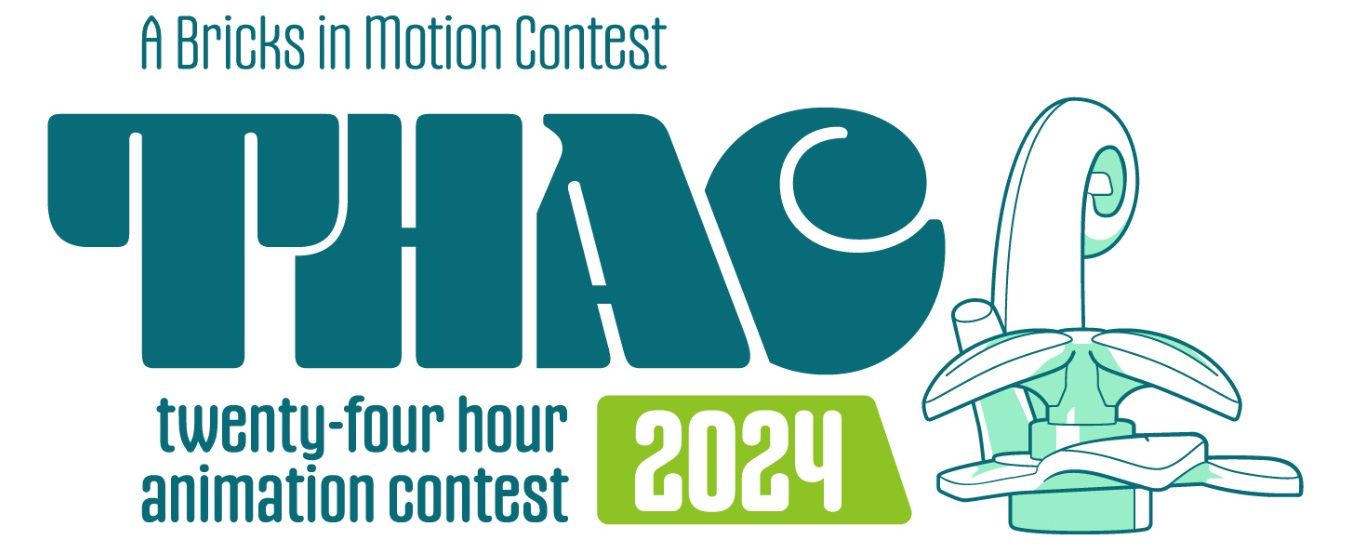Topic: Scripting: 10 quick tips on formatting & plot
Just sharing more of what I learned with the community.
– Set paper to letter size, portrait orientation. Type in Courier New 12-point font. Use 2 1/2 inch margins on the left and right for dialogue.
– Scene changes are written INT./EXT. LOCATION IN CAPS – DAY/NIGHT/DUSK/DAWN. INT/EXT denotes interior or exterior shots, DAY/NIGHT/etc. indicate required lighting conditions for your scene.
– Write only what can be seen. ("Dana has a crush on Matthew"/ "Saul is an undercover cop" are two things that can't be seen.)
– Never write (beat.) for a pause. If you must, write (pause.)
– Use ALL CAPS for every character's or prop's first appearace in every scene.
– Center and USE ALL CAPS for your character's name above his dialogue.
– If a character has an unusual trait or telent the plot depends on, make sure it's developed in the story before its use. (Example: BLAST FROM THE PAST: Adam can dance and speak French; early in the movie, his parents teach him how as a child.)
– Make sure your main character has more at stake than any other, and makes decisions that affect the outcome the greatest.
– When creating story ideas, ask these questions about every action every character takes: What is the motive? How does this action affect the acting character and the other characters? The motive doesn't have to be shown explicitly, because people do things while keeping their true intent unseen in their minds. It does have to be known by you, the writer, though, since they are your characters, and motives make up who they are.
– When answering these questions or coming up with reasons for things in the setting as you develop your story's world, NEVER EVER settle on your first answer. Your second answer shouldn't satisfy you, either. Beyond that, you'll be digging deeper and thus finding richer, more complex, subtle, and realistic reasons for things.
"None practice tolerance less frequently than those who most loudly preach it."










